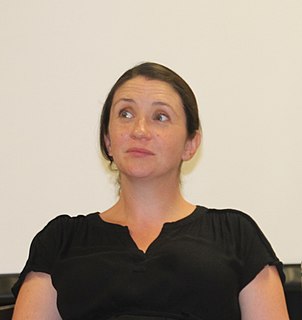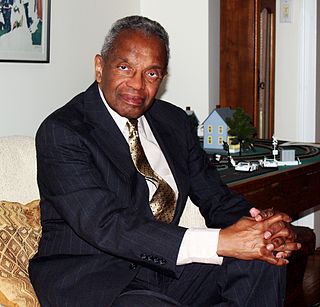A Quote by Phil Klay
Writing fiction means putting a lot of what you believe about the world at risk, because you have to follow your characters.
Related Quotes
One of the things when you write, well the way I write, is that you are writing your scenario and there are different roads that become available that the characters could go down. Screenwriters will have a habit of putting road blocks up against some of those roads because basically they can't afford to have their characters go down there because they think they are writing a movie or trying to sell a script or something like that. I have never put that kind of imposition on my characters. Wherever they go I follow.
The hardest part about writing fiction is finding long stretches of time to do it: for me, this means writing mostly on Saturdays and Sundays. But I am always thinking about my characters, jotting down ideas in stolen moments and hoping I'll be able to make sense of them when the weekend rolls around.
A couple of pieces of advice for the kids who are serious about writing are: first of all, to read everything you can get your hands on so you can become familiar with different forms of writing: fiction, non-fiction, poetry, journalism. That's very important. And also keep a journal. Not so much, because it's good writing practice. Although it is, but more because it's a wonderful source of story starters.
I really don't watch enough TV to know about the impact. In my experience as a TV writer, I would say is the exact opposite - it's very constricted, all having to conform to a form. My sense of fiction writing is not to think about rules but to be driven by the characters and their stories. I often ask myself what's at risk here, who needs what, and how are they going to get it. There has to be a reason for the reader to stop living their own life and start reading your book.
I don't want to write poems that are just really clear about how I'm aware of all the traps involved in writing poetry; I don't want to write fiction that's about the irresponsibility of writing fiction and I've thrown out a lot of writing that I think was ultimately tainted by that kind of self-awareness.
We're running into a lot of new problems today because of what we emphasize in this culture. The word 'success' to the average person means earning a lot of money and having a home, two cars, children in college. Success to me is entirely different to what success is to the average person. Success is being a successful human being in terms of pursuing what you believe in. If you believe in making paintings, writing poetry, writing music. If this is what you really want, you're successful to yourself. But to be successful to your culture means to sell yourself short of what you really want
When you're writing a book that is going to be a narrative with characters and events, you're walking very close to fiction, since you're using some of the methods of fiction writing. You're lying, but some of the details may well come from your general recollection rather than from the particular scene. In the end it comes down to the readers. If they believe you, you're OK. A memoirist is really like any other con man; if he's convincing, he's home. If he isn't, it doesn't really matter whether it happened, he hasn't succeeded in making it feel convincing.
So the fact that there's someone who's planning what happens to the characters, writing it down, means that the characters always have a fate. And when we think about fate, we tend think of it as the thing we would have if we were literary characters, that is, if there were somebody out there, writing us.
It's easy to feel like you don't have any control over yourself or your life or your body as a teen - everything is changing so fast, and a lot of it feels so outside of your power. I think that's why a lot of teens form really strong attachments to fictional characters or celebrities, draw their own characters or write themselves into fan fiction.






































